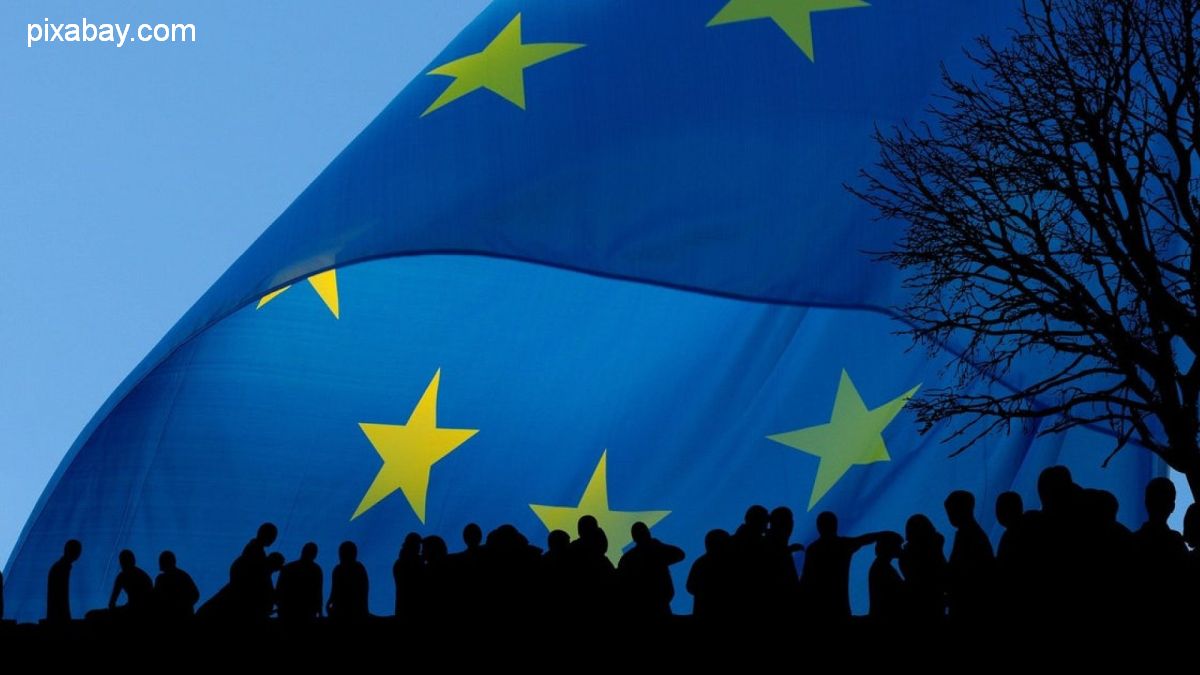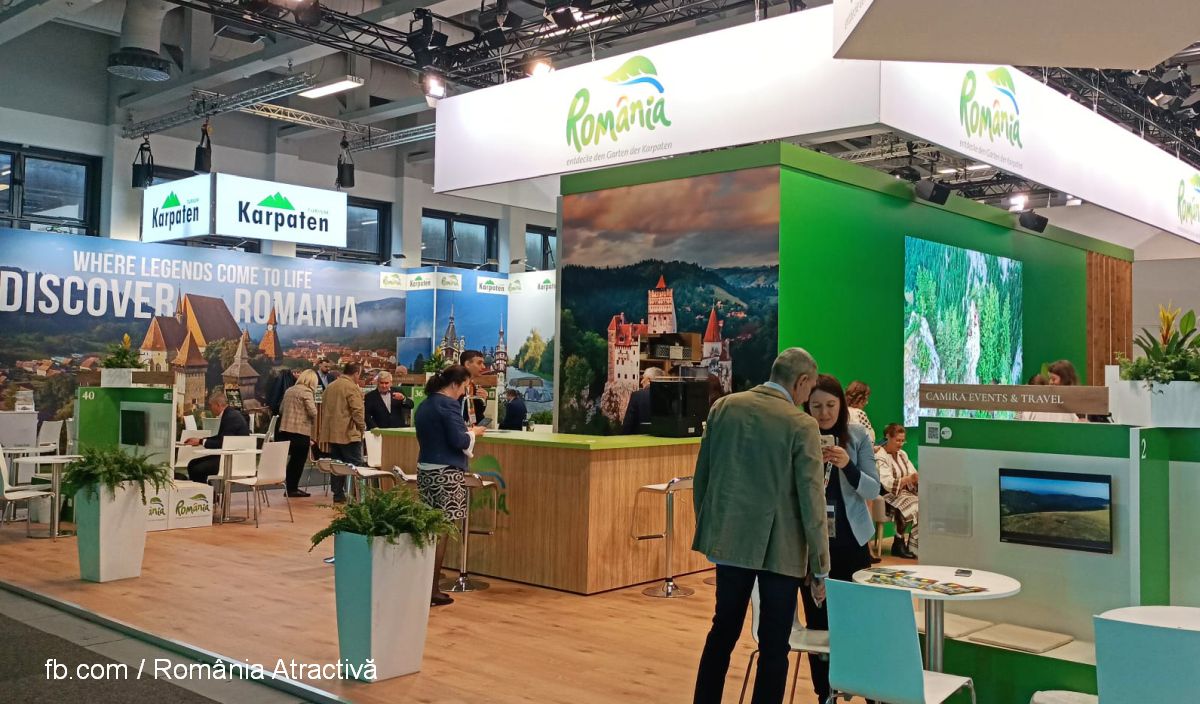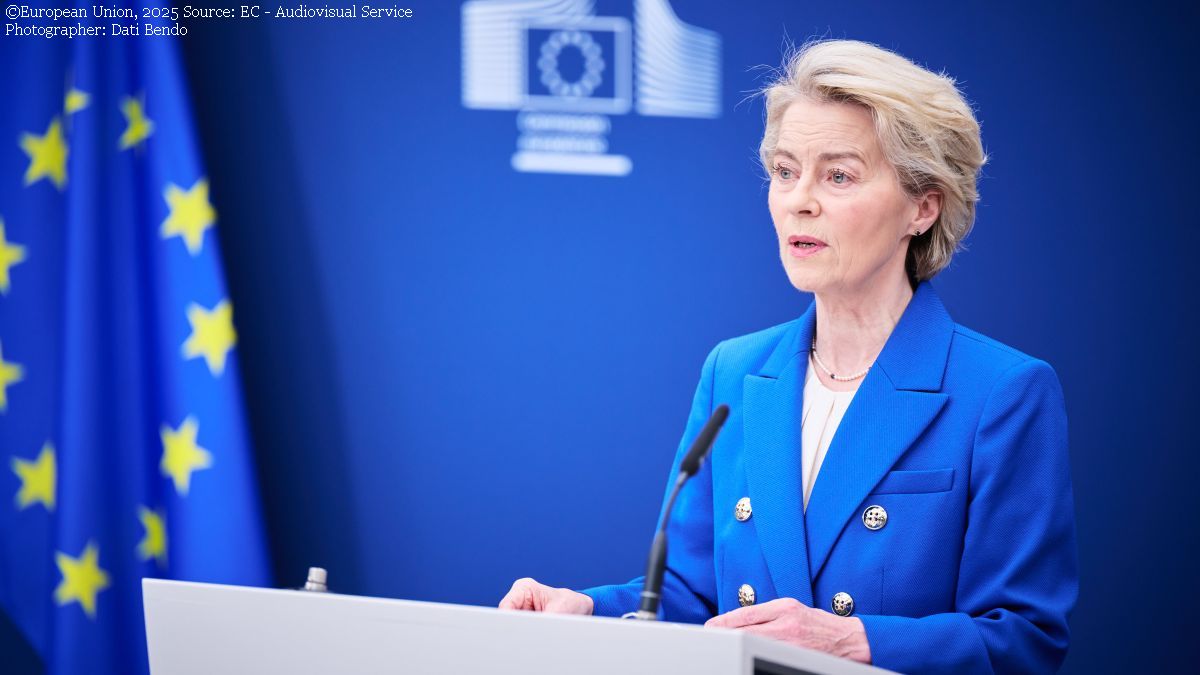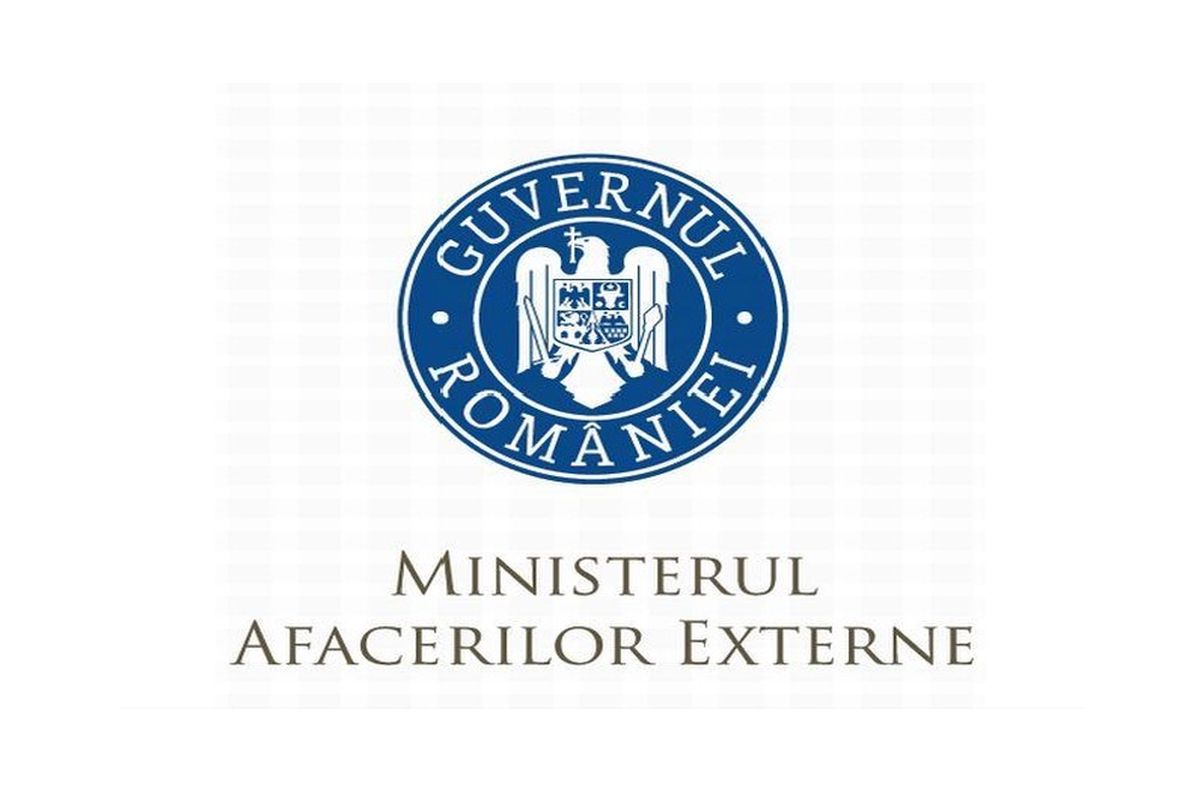Energy Crisis in the Republic of Moldova
President Maia Sandu accuses Russia of wanting to cause a political crisis in the Republic of Moldova by stopping the supply of natural gas to the Transnistrian region.
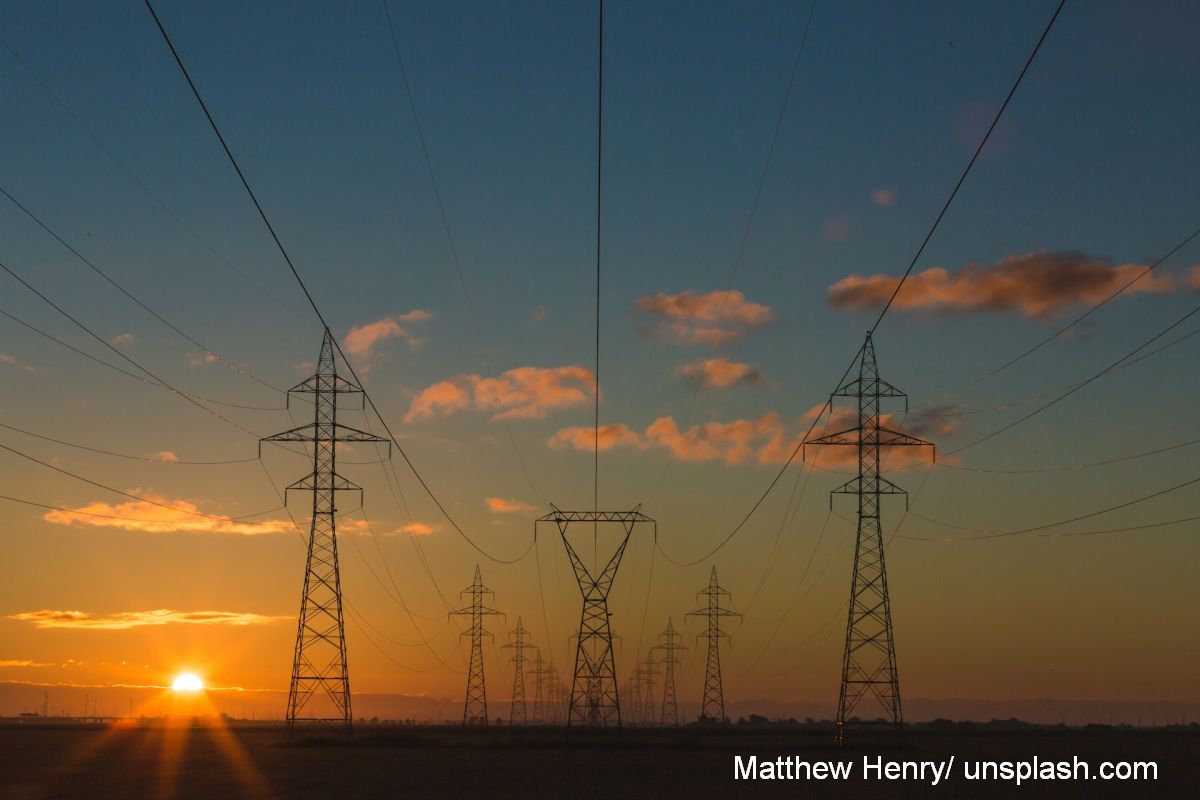
Daniela Budu, 15.01.2025, 13:50
Half of the electricity consumed in the Republic of Moldova, on the right bank of the Dniester, comes from internal sources, including renewable energy, and the other half is represented by imports from Romania, announced on Tuesday, in a press conference, the President of Moldova, Maia Sandu . The Chisinau leader called a meeting of the Supreme Security Council, to discuss the situation in the energy sector and assistance measures for the population. She accused the Russian Federation of wanting to cause a political crisis in the Republic of Moldova by stopping the supply of natural gas to the breakaway Transnistrian region, which is mostly Russian-speaking.
Maia Sandu reiterated that, although it was going through a humanitarian crisis, the administration of the separatist region refused help and set conditions to accept the proposed solutions. Chisinau proposed to buy gas from the European market for the left bank of the Dniester, and together with Ukraine’s partners to offer coal to the Transnistrian region for the generation of electricity. Tiraspol, however, had no reaction to these proposals, Maia Sandu stressed:
“Chisinau has said very clearly that if there are patients in a complicated condition, they can be transferred to the hospitals on the right bank. This offer was also refused and the access of ambulances from the right bank to the left bank is still not allowed to help people in need. The purpose of this humanitarian crisis caused by the Kremlin on the left bank is to generate a political crisis on the right bank and escalate the situation”.
Recently, the authorities in Transnistria had announced that power conservation measures allowed them to ease the restrictions caused by the stoppage of Russian gas supply, resulting in shorter power outages. Transnistria, which separated from the Republic of Moldova at the end of the Soviet regime, has until now relied on Russian gas transported through Ukraine. For almost three years at war with Russia, the Ukrainian authorities have refused to extend the gas transit agreement in 2025. The Russian giant Gazprom has announced that it will not send gas to the Republic of Moldova through alternative routes, citing Moldovan “arrears” of over 700 million dollars.
Chisinau, which has been denouncing Russia’s invasion of Ukraine, denies this figure. President Maia Sandu has stated that Gazprom could supply gas to Transnistria through an alternative route, the Turkstream pipeline, via Turkey, Bulgaria and Romania. In Bucharest, the Minister of Energy, Sebastian Burduja, once again assured that Romania has no problems regarding the supply of energy for the entire cold season, that there are sufficient stocks and that the domestic natural gas need is not affected by the daily exports to the Republic of Moldova, which takes place under commercial conditions. In this context, he once again discussed the need for Europe to reduce its dependence on the Russian gas. (MI)

